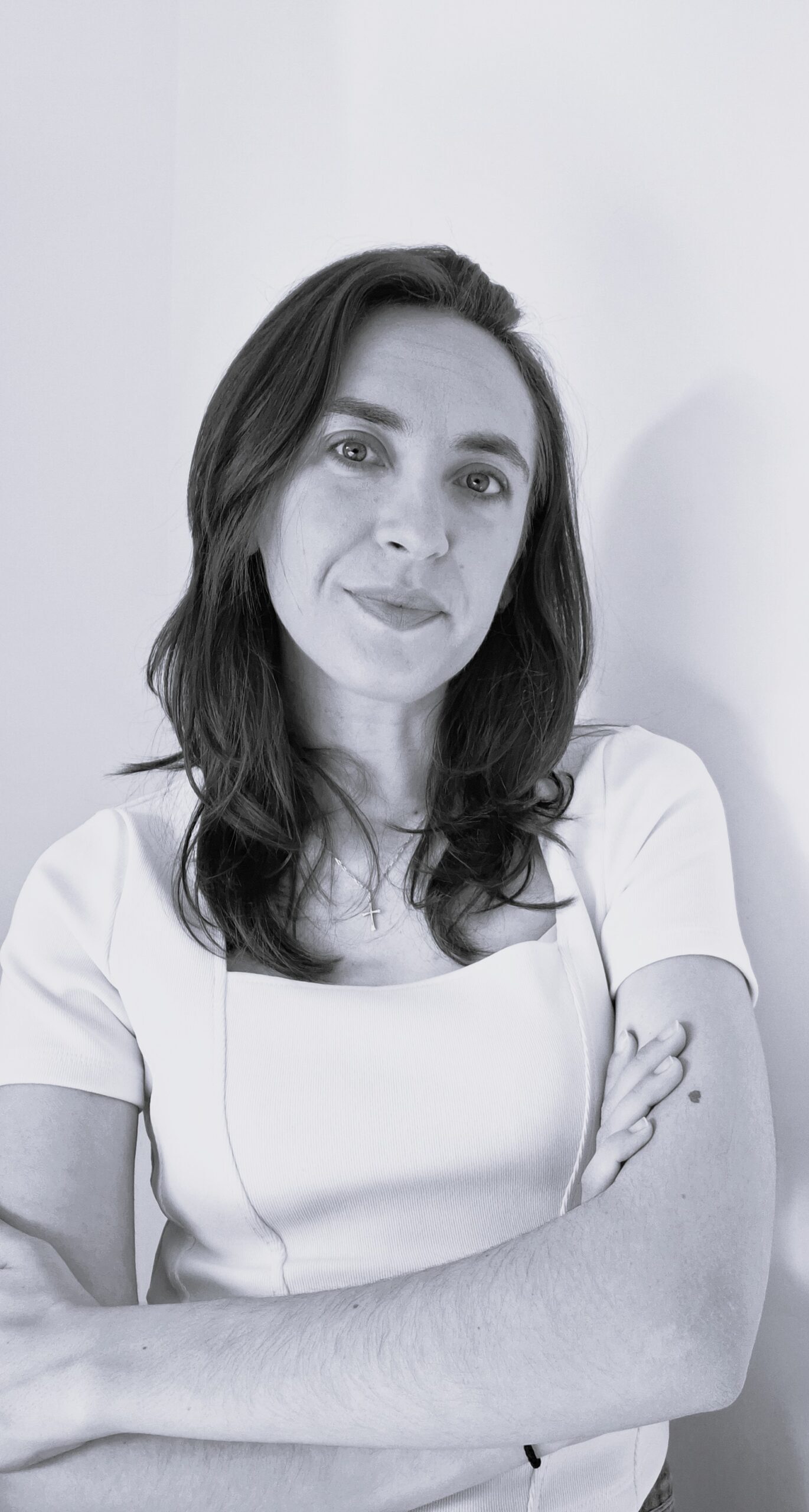
Alexandra Forgaci
I am a psychologist with license to practice in the field of Clinical Psychology, a graduate of the Faculty of Psychology at Babeș-Bolyai University in Cluj-Napoca. I began my professional activity in 2021, working with children with special needs within the Help Autism Association.
Over the years, I have participated in numerous training and specialization courses, such as: the training program in "Applied Behavior Analysis to children with ASD" organized by the Help Autism Association in Bucharest, the advanced course "Techniques and procedures for intervention in speech therapy", the PECS training - "Picture Exchange Communication System", Level I, as well as the ANC accredited course "Combined therapeutic techniques - Combining sensory integration techniques with ABA therapy and music therapy". I also took the course "Psychological assessment of children with ASD".
I have participated in previous editions of the ABA International Conference, where I explored themes such as “The Importance of Play in the Life of a Child with ASD – Symbolic Play” (2022), “Early Exposure of Children to Devices” (2023), and “From Diagnosis to Adaptation. The Family’s Journey with an Autistic Child” (2024).
I am passionate about the process of continuous learning and dedicate myself with empathy and involvement to supporting the development of children with special minds. Working with children with ASD constantly offers me lessons in patience, empathy, and finesse in understanding individual needs. I am happy to be able to contribute, step by step, to building a bridge between the child’s world and the one around them.
Presentation at the ABA International Conference 2025
Generalizing Behavior Outside the Therapy Room: From Practice to Real Life
Abstract:
A central goal of applied behavior analysis (ABA) is to develop functional behaviors that are maintained over time and manifested in various contexts outside the therapy environment. There are some essential principles and strategies for facilitating the generalization of behaviors acquired in the therapy room to natural environments—at home, at school, or in the community. It is very important to plan for generalization early in the intervention, to use training in a variety of stimuli and responses, to actively involve significant others in the individual's life, and to systematically monitor behavior maintenance. For example, a child can learn in the therapy room to ask for a break, follow simple instructions, initiate a request, or tolerate changes in routine. But the real challenge is for these behaviors to occur naturally at home, in the park, at school, or in stores.
As with all truly transformative experiences, this journey comes with its own challenges, but these are accompanied by concrete solutions designed to transform assisted learning into a skill with real-world applicability.
The success of an intervention is reflected not only in the behaviors acquired during therapy, but especially in the individual's ability to integrate and use them effectively in everyday life. Learning is built gradually, not only around what needs to be done, but especially around how these behaviors can be adapted and applied in real contexts.